“It’s vital, utterly vital that we continue the dialogue across boundaries with China”
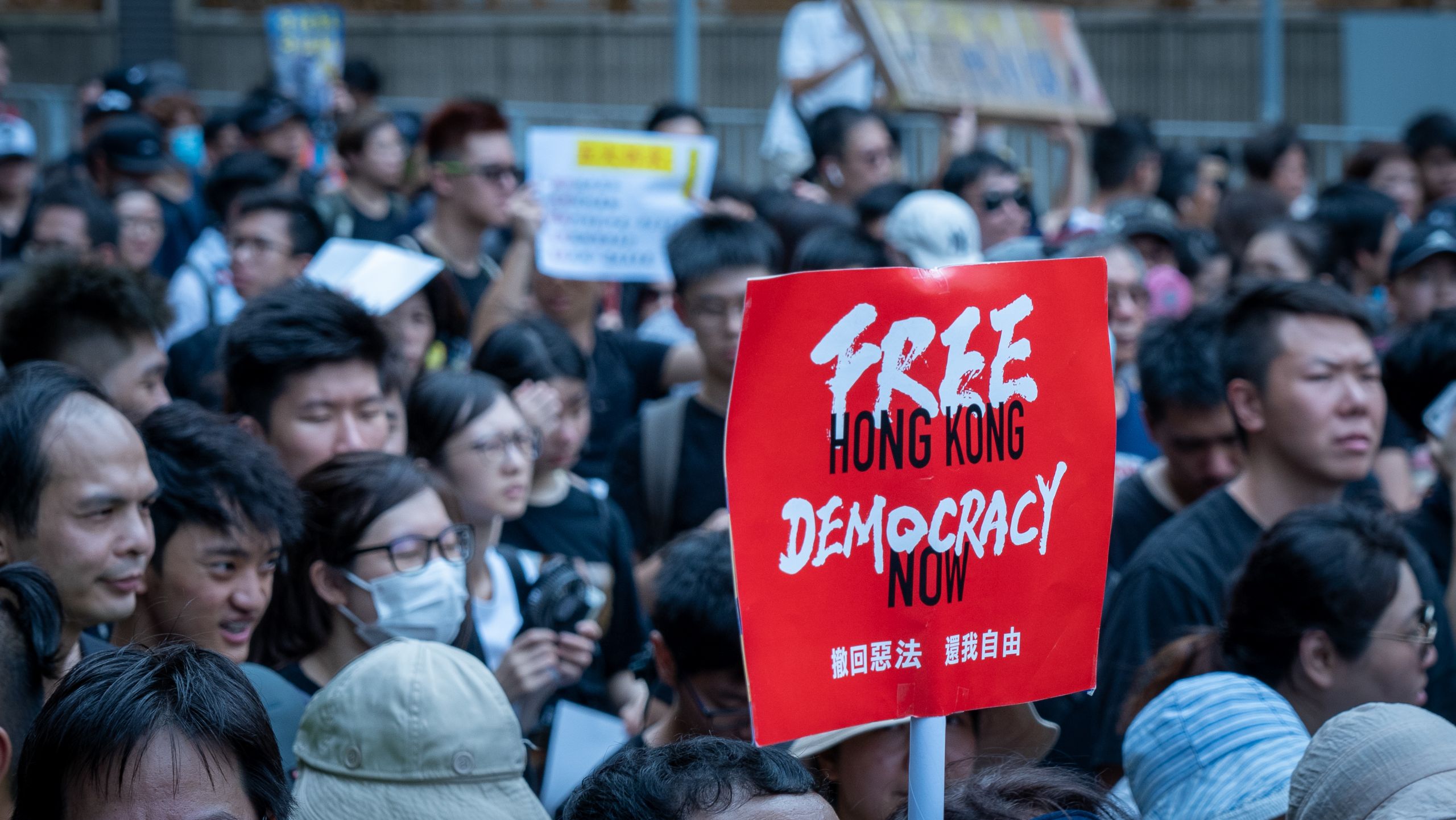
Although the streets of Hong Kong have been packed with protesters for months and months, the National Security Law was put into force on July 1 2020. (Photo: Shutterstock)
A student has brought the introduction of Hong Kong’s National Security Law up for discussion among members of the IBA study board. Are students from Hong Kong protected from the extraterritorial law? The Academic Program Director reflects on the situation, and a CBS student reports from Hong Kong, where the new law and Covid-19 are inextricably linked.
Tove Duncan-Jones had been following the turbulence in Hong Kong on the news in Denmark, and judging by the intensity of the protests, the situation did not seem to be developing in a positive direction. But still, she was surprised by Beijing’s sudden move to instate the new Hong Kong National Security Law.
And when researchers from Oxford University wrote a statement and issued a petition about the law, Tove Duncan-Jones thought it was important for her fellow students and the members of her program administration, the BSc in International Business in Asia at CBS, to also discuss the matter.
“Our education revolves around China. We learn the language and are taught about the culture – all from a business perspective. Obviously, we can’t let this pass under our radar. We need to be aware of what is going on, because we may, in some sense, also be at risk. Especially the extraterritorial aspect of the law must be taken into consideration,” says the third-semester student. (See fact box)

Tove Duncan-Jones wanted two things; to raise awareness about the new law, as well as ensuring that especially students from Hong Kong would not be exposed if they wrote something critical in assignments while studying at CBS.
“The law is very unclear about what breaching it encompasses. And it can potentially affect us whilst we’re here in Denmark. But what mainly concerns me in a democratic perspective is not being able to express oneself freely in an environment where one always has known it possible,” she says.
Björn Jindra, a professor with special responsibilities and Academic Program Director of IBA, is happy that the study board has discussed the new law and situation in Hong Kong. And, like Tove Duncan-Jones, he is also concerned about events in Hong Kong. Both about the instatement of the new law and the protests, because they create insecurity.
He explains, however, that CBS has measures in place to protect students.
“We have considered the situation for our IBA students. Freedom of speech is essential for our teaching. Yet, exactly for that very reason, I’m skeptical about the suggested ‘stop-gap measures’, such as generally replacing in general group tutorials with one-to-one tutorials as a safeguard. We have other relevant safeguard measures in place,” he says.
For example, all exam assignments at CBS are anonymous – meaning that the authors cannot be identified, he explains.
The article continues after the box.
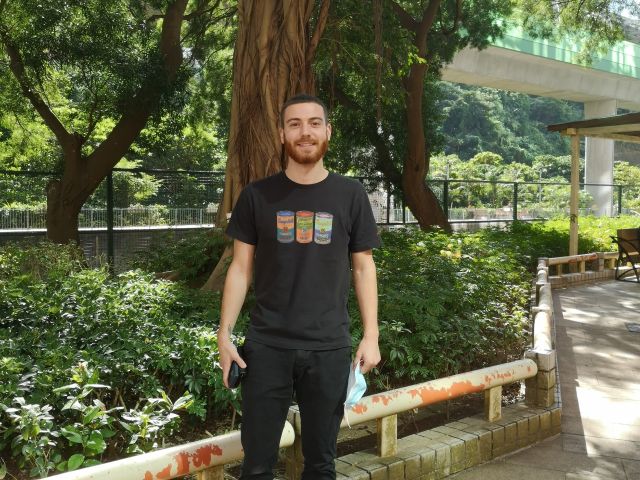
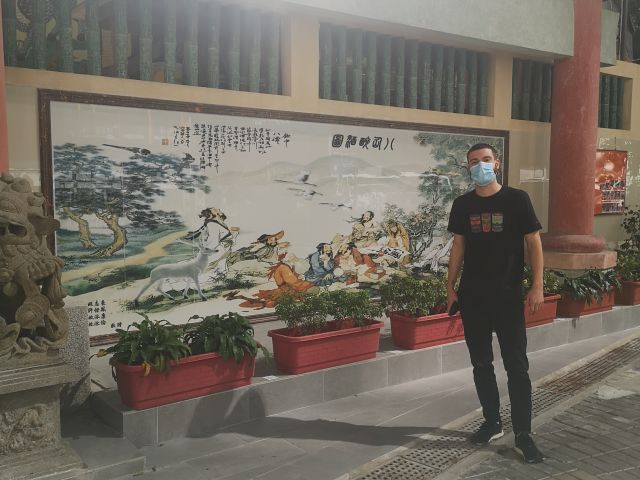
Behind the Iron Curtain
According to Björn Jindra, the political turbulence should not make CBS shy away from collaborating with mainland China and Hong Kong. Rather the opposite, as graduates are needed who can exchange views and experiences, and know what living in Danish or Chinese society means.
“I’m not ignoring the changes this law makes. However, we offer student exchange with partner universities based in mainland China and Hong Kong. This is a crucial element of our education. It enables IBA students to reflect on their own values, and to bring value to their local communities from their experience abroad. What we really need is to learn how to operate in these environments,” he says.
From his point of view, using the risk of prosecution as an argument for not visiting mainland China or Hong Kong, is not an appropriate response.
“We need to continue the exchange scheme, since it helps building the competences to engage in these matters, and to understand the underlying processes. In this context, we need to highlight the importance of collaboration with Chinese partners,” he says and continues:
“Personally, I wouldn’t recommend following the recent example set by some of the US institutions, which have been cutting back on scholarships available for Chinese students to come to the US I don’t think the European universities should go down that road.”
The new law was put into force on July 1, 2020, but, as Tove Duncan-Jones points out, since it is very vaguely formulated, we have yet to see how it works in practice. On the question of what it would take for Björn Jindra to stop collaborating with China and Hong Kong, he answers:
“During the recent periods of mass protests in Hong Kong, CBS had to stop its exchanges due to security risks, and that’s a clear red line,” he says.
However, when it comes to the threat to the freedom of speech in the classroom, the events in Hong Kong are not all that is worries him. Freedom of speech at universities is also under attack in our part of the world, explains Björn Jindra.
“I see that Hong Kong’s National Security Law as a potentially a threat to the freedom of speech in the classroom. Yet, examples such as the ‘Professor Watchlist’, run by the organization called ‘Turning Point USA’, indicate that Western democracies are by no means immune to attempts to intimidate individuals from speaking plainly in the classrooms. But I would like to draw a parallel with my own experience on this matter,” he says and continues:
“Because it is vital, utterly vital, that we continue to collaborate across boundaries with China. I have lived behind the ‘Iron Curtain’ in Eastern Germany, and from there things looked different. International student mobility was almost non-existent. Only if you were politically aligned could you go on exchange, and there was mainly one partner country. The West was not an option at all. I never want to return to such a bi-polar world. So let us keep the door open.”
Instead, there is a need to understand even better what is going on in China and Hong Kong.
“It’s important for us at CBS and IBA to excel in our research and courses about China and Asia in general. We shouldn’t shy away because we are afraid of the consequences. That’s weak,” he says.



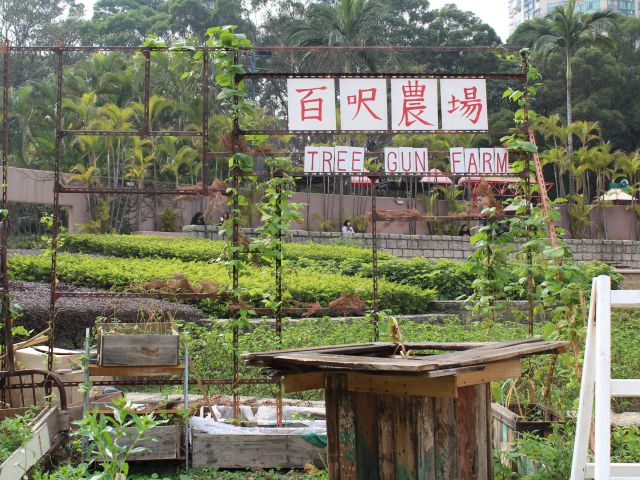
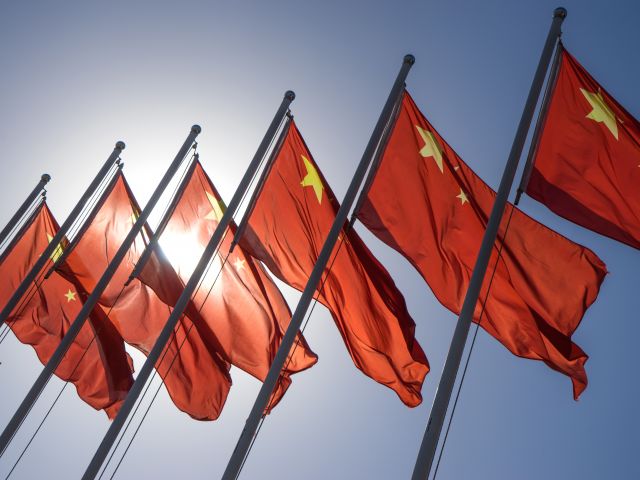
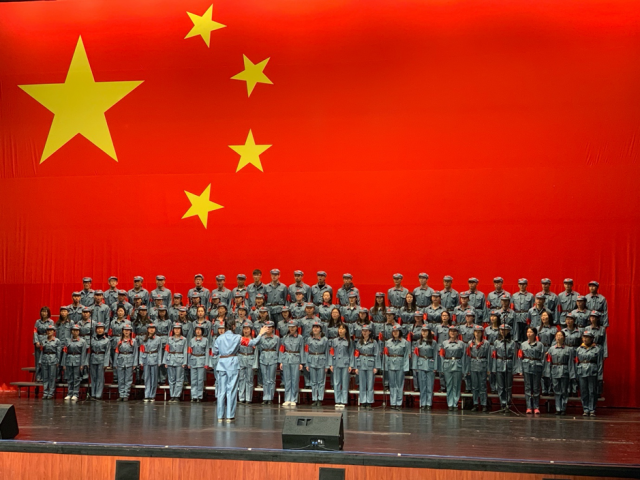
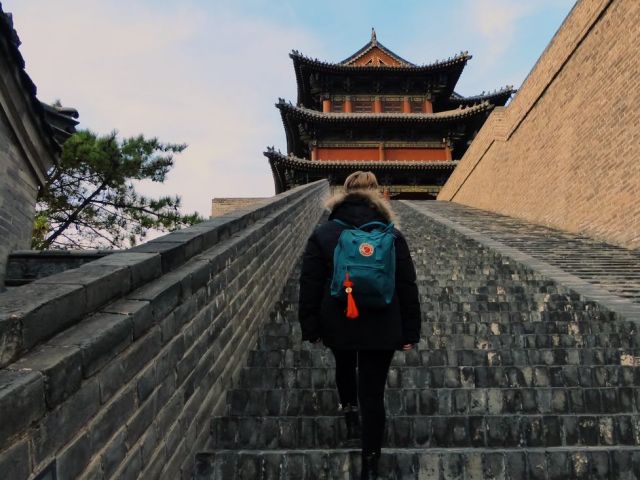

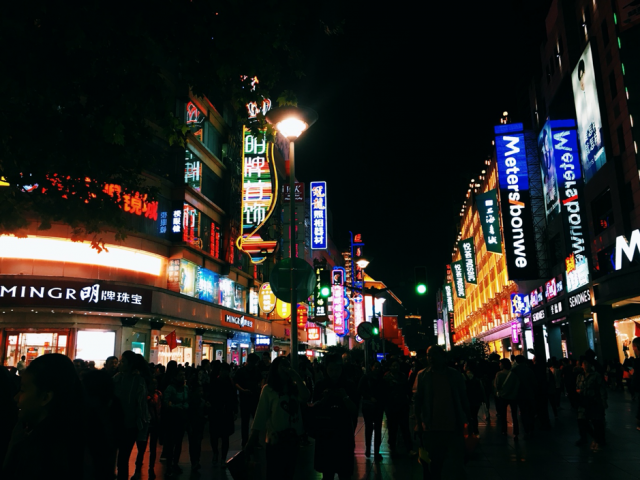





























































































































I would very much like a statement from CBS senior management about collaboration with China in light of recent stories and events. Why is it crucial to continue dialogue og collaboration with a fascist regime, that spying on and manipulating the Danish people against international law? We have cut back on collaboration with Big Tobacco , and cut back on meat in canteens – so why not fascism???